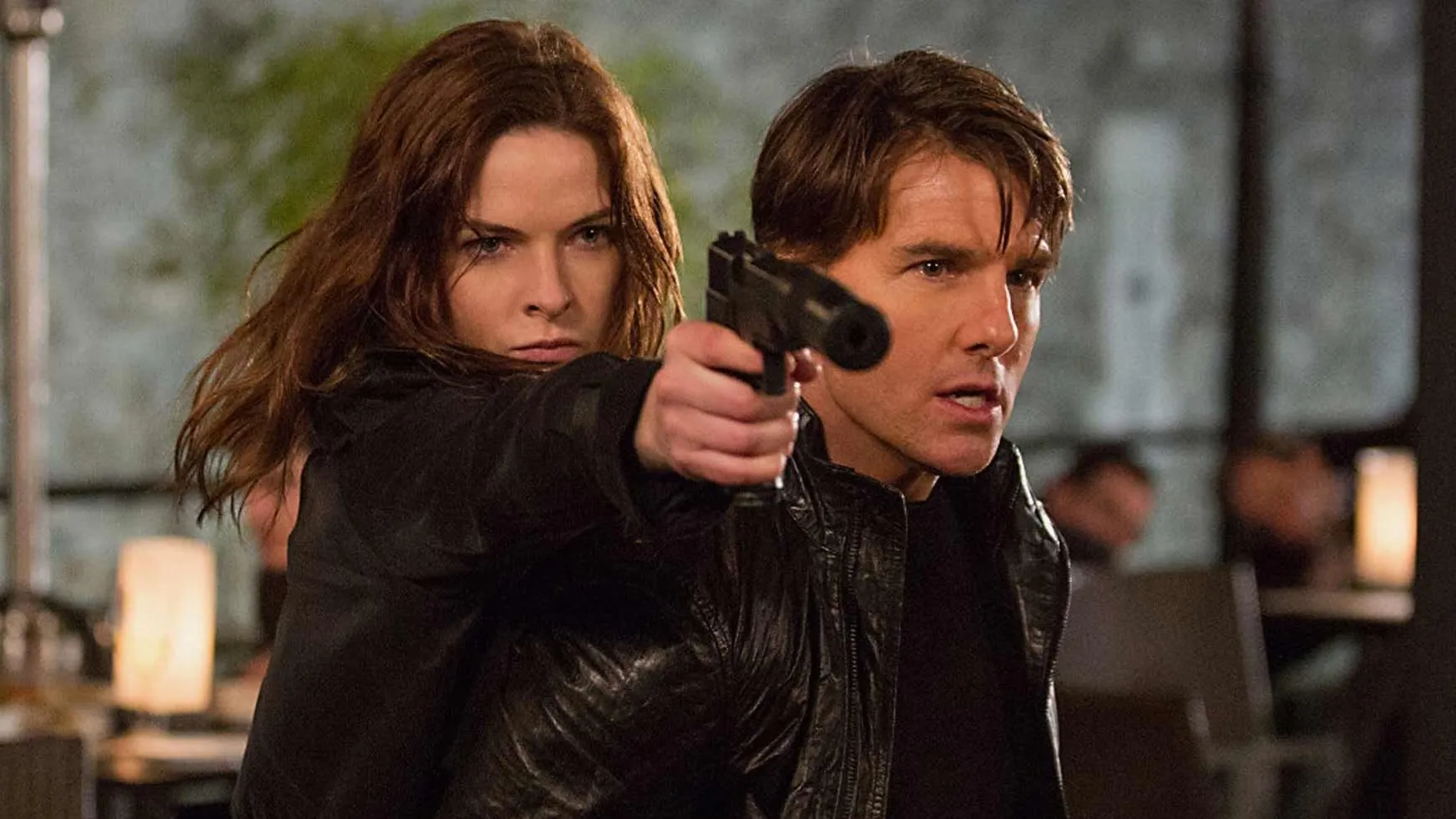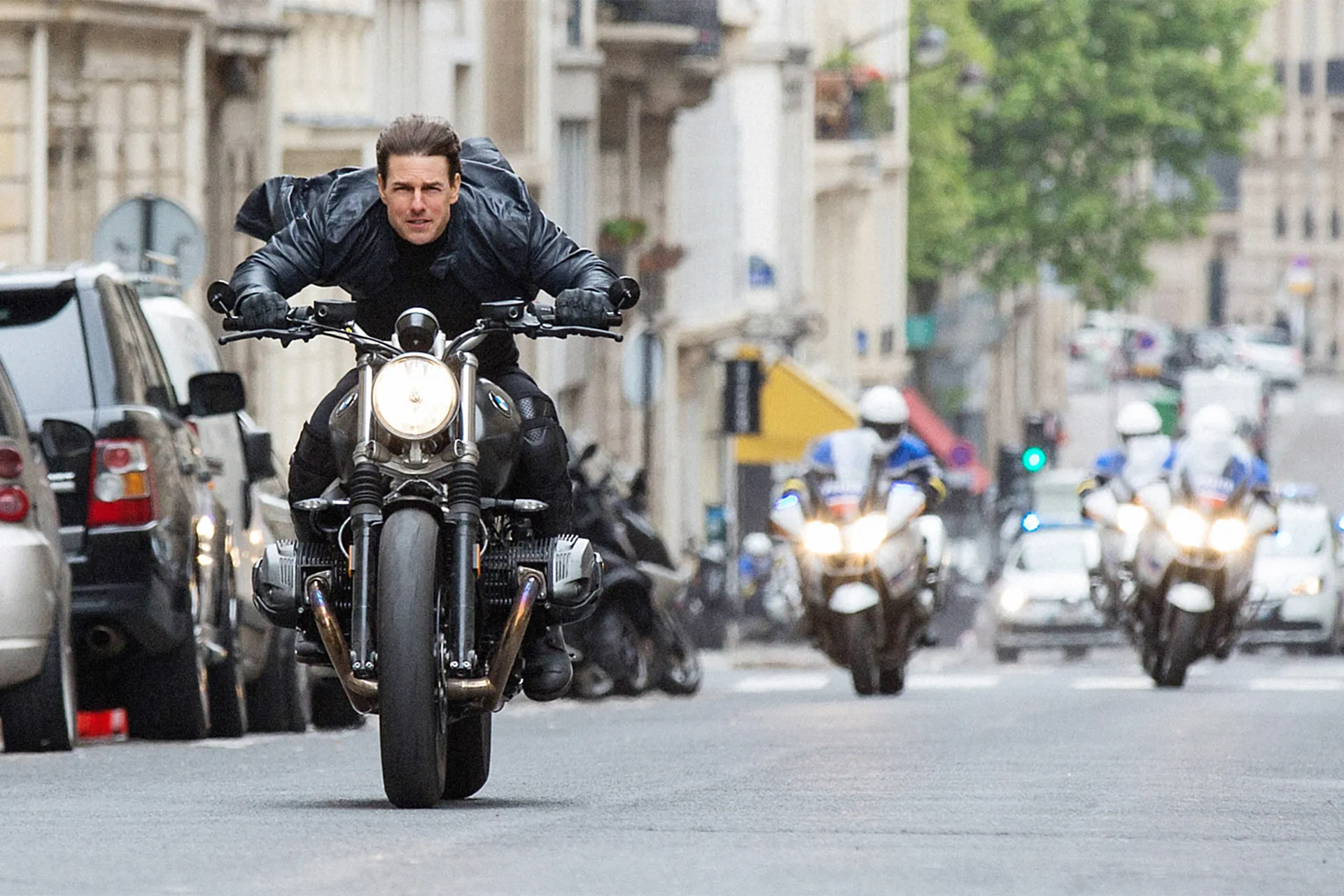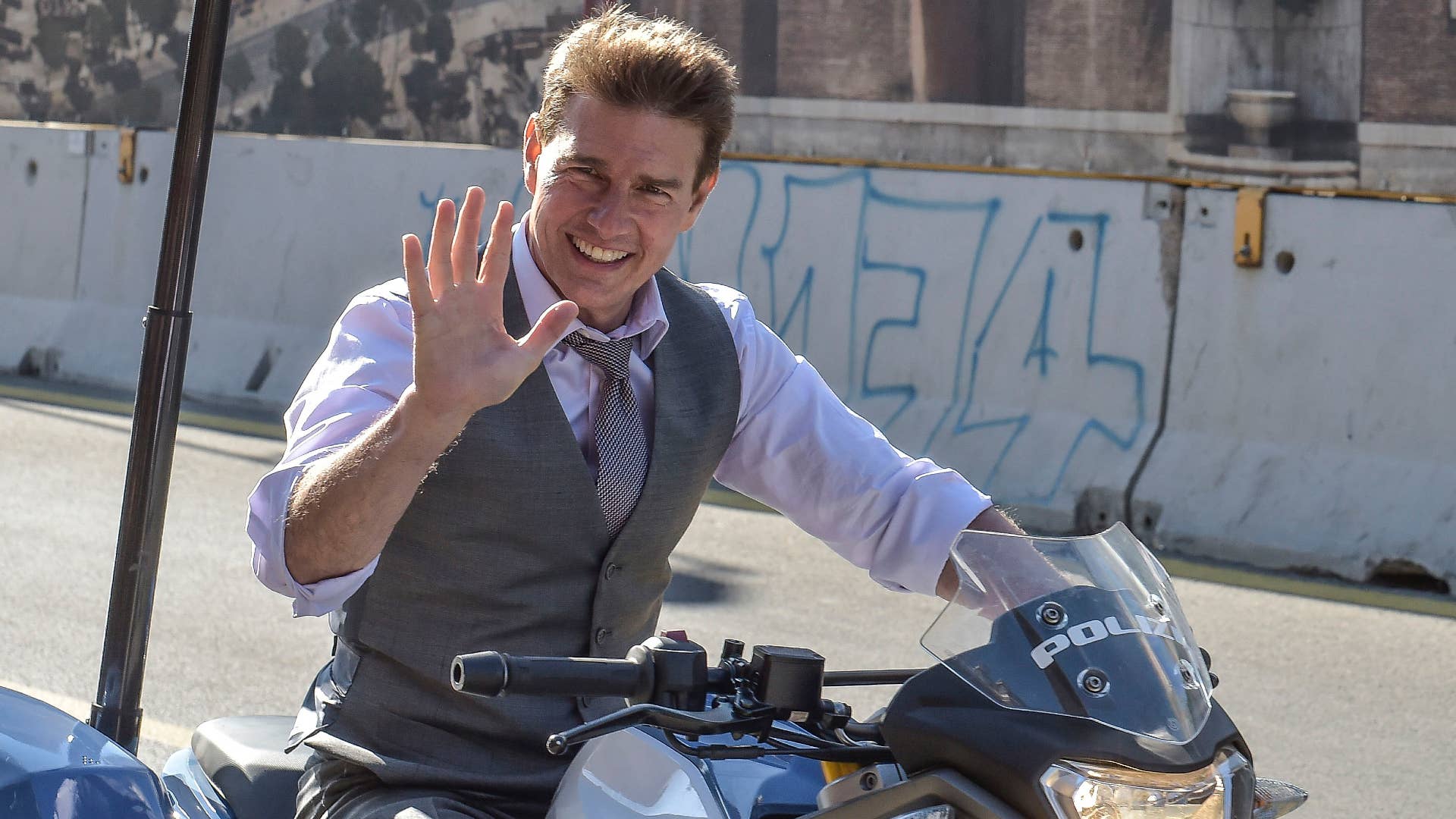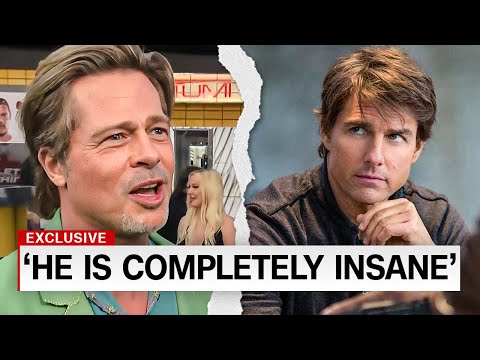In the dynamic realm of blockbuster cinema, particularly within storied franchises like Mission: Impossible, the line between groundbreaking and heartbreak is perilously thin. The recent developments in the franchise, highlighted by the shocking demise of a beloved character, have stirred the pot of fan emotions and industry debate alike.

The Emotional Impact of Character Deaths in Blockbusters
The Mission: Impossible series, renowned for its high-octane action and complex narratives, faced a pivotal moment in its latest installment, Mission: Impossible – Dead Reckoning. The film featured the unexpected death of Rebecca Ferguson’s character, Ilsa Faust, a decision that has left fans reeling. Ilsa, who first appeared as a formidable ally to Tom Cruise’s Ethan Hunt in Rogue Nation, quickly ascended to fan-favorite status through her subsequent appearances in the series.
In a candid interview with The Hollywood Reporter, Drew Pearce, who penned The Fall Guy and contributed to Rogue Nation, expressed his conflicted feelings about the decision to write off Ilsa. Reflecting on Ferguson’s stellar portrayal and burgeoning recognition from the Dune series, Pearce remarked,
“She’s untouchable… It’s the brave move in Dead Reckoning. You’re like, ‘F-ck, I’m going to miss her.'”
Behind the Scenes: The Decision That Could Have Altered Mission: Impossible Forever
The ripple effects of such a significant character’s death are manifold, influencing not only audience reception but also the future trajectory of the franchise. Pearce also revealed a behind-the-scenes secret that could have drastically shifted the franchise’s dynamics even earlier: the near-death of Simon Pegg’s character, Benji Dunn, during the scripting of Rogue Nation.
Benji, known for his wit and close relationship with Ethan, was initially on the chopping block, a decision Pearce admits was heavily debated.

“Weirdly, killing Benji was actually something I debated at the beginning of Rogue Nation. Simon Pegg, if you’re reading, I apologize, but you are the easiest person to fridge in a weird way, because you have one of the longest relationships with Ethan.”
The Creative Mindset and Future Implications
Christopher McQuarrie, the director and co-writer, shed light on the motivations behind such dramatic narrative choices in a podcast with Empire. Drawing parallels from his experience on Top Gun: Maverick, McQuarrie revealed the early discussions about Ilsa’s fate.
“It was one of the earliest conversations… Ilsa is a wonderful character, and a character of which I am enormously proud,”
he explained.
The decision to kill off Ilsa was not made lightly. McQuarrie emphasized the desire to avoid diminishing her role to mere romantic interest or allowing her to become redundant. He stated, “Where we had gone with the character from Rogue to Fallout… either make less of her, it would suddenly become frivolous… or she would just become a romantic interest.”
Tom Cruise's POV fter climbing Burj Khalifa in Mission Impossible 4 pic.twitter.com/9GQZMlZV8v
— Dr.Forkery Heck(notadoctor)🏳️🌈🇵🇸 (@forkingheck1) May 13, 2024
Conclusion: Balancing Risk with Fan Expectations
As the Mission: Impossible saga continues, with the eighth installment currently in production, the narrative choices made by its creators remain a topic of intense discussion and anticipation. The delicate balance of maintaining suspense and developing beloved characters without alienating the fanbase is a challenge that filmmakers like McQuarrie and Pearce navigate with each new chapter. While the loss of Ilsa Faust has undoubtedly left a void, the reasons behind her departure highlight a thoughtful—if painful—evolution in storytelling that aims to respect the character’s integrity and the audience’s engagement.

As the franchise moves forward, it remains to be seen how these bold decisions will shape the future of Mission: Impossible and whether the emotional stakes introduced by such losses will enhance the series or challenge its fan loyalty.

